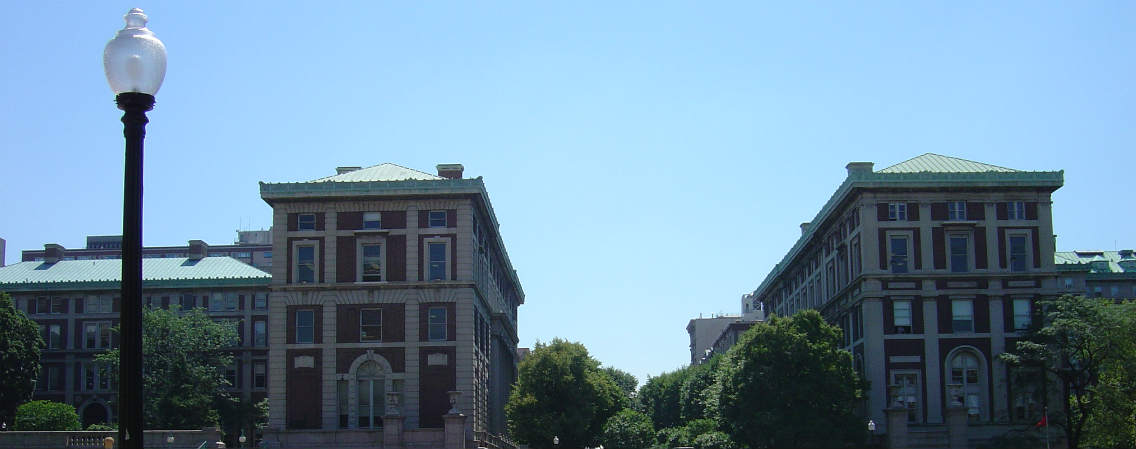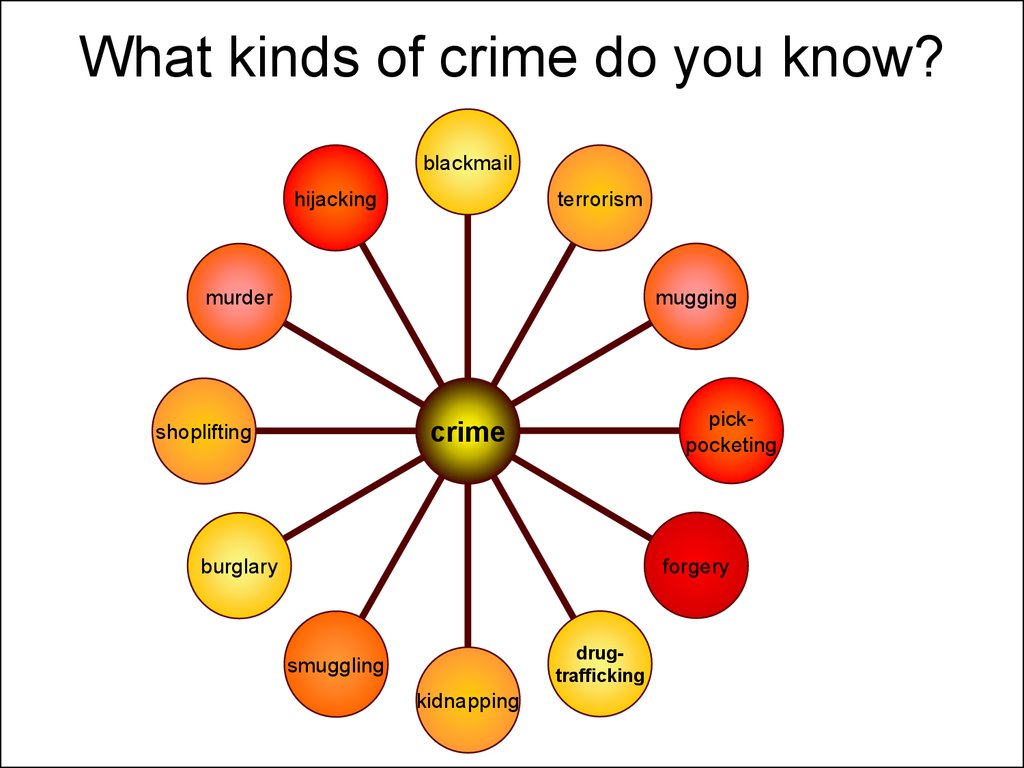Практикум по культуре речевого общения на первом иностранном языке (7 семестр) — Теоретические материалы
Оглавление / Contents
- 1. Higher education in the USA.
- 2. Crime and punishment: Judicial system of the USA
- 3. Books and reading: modern development of literature.
BACHELOR OF SCIENCE (BS OR BSC) DEGREE
Posted June 24th, 2014 , Updated June 29th, 2018 by College Atlas
What Is a Bachelor of Science, BS or BSc Degree?
A Bachelor of Science Degree is abbreviated (to abbreviate) as a BS or BSc Degree. It is an undergraduate science-focused degree that takes 3-5 years to complete. This timeline is based (to base) on the school’s BS or BSC degree requirements, degree area of focus, student needs, and any previously earned transfer credits.
In the United States and Canada, the Bachelor of Science is given (to give) for the completion of undergraduate studies in mathematics, engineering, computer science, physical sciences, economics, and related fields. The BS or BSc degree designation is less common within the areas of business, nursing, medicine, law, hospitality, and architecture.
What Is the Difference Between a BS and BA Degree?
The BS Degree or BSc Degree centers around science-related disciplines, majors, and subject areas like biology, chemistry, physics, engineering, and computer science. The Bachelor of Arts (BA) is focused (to focus) on liberal arts studies (common BA majors include English language and literature, communications, humanities, music, and art).
Most Common Bachelor of Science Majors
What is considered (to consider) a “science” or an “art” may vary from university to university. For example, one university may award an economics degree with a BA designation while another might award it with a BS. In general, there are several majors that are almost always sciences and thus granted a Bachelor of Science, BS or BSc Degree.
Common BS or BSc Majors
- Architecture
- Biology
- Biochemistry
- Chemistry
- Physics
- Earth science
- Social science
- General science
- Mathematics
- Sport/exercise science
- Computer science
- Engineering
History of The Bachelor of Science
In 1860, the University of London became the first school to award the Bachelor of Science (BS) degree. Prior to this, nearly all bachelor’s degrees were granted (to grant) the Bachelor of Art (BA) designation, for all subjects.
The London School of Economics and Political Science (LSE), a public research university specializing in social sciences, applies the BSc designation to degrees earned in almost all subject areas, even those that would traditionally merit the BA designation stateside. In contrast, Oxbridge and Russell Group universities almost always award a BA, even in subject areas that would be considered (would consider) sciences in the United States.
BS Degree Requirements Around the World
Today in the United States there is close to a national consensus as to which subjects are a Bachelor of Science and which are a Bachelor of Arts. Outside the U.S., however, there are many differences based on where the degree is earned (to earn).

В чем разница между колледжем и университетом в США
Высшее образование в США можно получить в колледжах и университетах, но разница между этими учебными заведениями не всегда ясна. Зачастую это вызывает вопросы не только у иностранных студентов, но даже и у самих американцев. Разберемся, в чем разница между этими учебными заведениями.
Что называют "колледжем" в США
Колледжами в США называют широкий спектр учебных заведений, которые преподают:
- Программы старшей школы - в этом случае колледж - синоним “high school” и аналог российской старшей школы.
- Программы профессионального уровня Associate Degrees; некоторые из них засчитываются как первые два года бакалавриата - в этом случае, учебное заведение будет называться “community college” и являться приблизительным аналогом российского профессионального лицея, колледжа или техникума.
- Программы бакалавриата - в этом случае колледж - примерный аналог российского института. Колледжи высшего образования могут входить в состав университетов США или являться самостоятельным учебным заведением.
- В очень редких случаях в колледжах высшего образования • преподают программы магистратуры в США.
Что называют "университетом" в США
“Университетами” в США называются учебные заведения, в которых преподают программы магистратуры и аспирантуры. Обычно университеты состоят из нескольких подразделений, которые могут носить названия школ, колледжей, реже - институтов.
Также в состав университета входит один или несколько колледжей первого высшего образования, преподающих программы бакалавриата в США. Например, в состав Гарвардского университета входят 12 школ, Гарвардский колледж, Институт перспективных исследований Рэдклифа.
Университет в США отличается от колледжа еще и тем, что в нем шире выбор изучаемых предметов и специальностей и учится больше студентов.
Кроме названий "колледж" и "университет" в отношении образовательных учреждений часто употребляется слово "школа", реже - "институт", и это тоже звучит довольно необычно для студентов из России и СНГ.
В каком случае вузы в США называют "школой"
“Школой” в США могут назвать любое учебное заведение - не только младшую и среднюю школы, но также и курсы, институты, колледжи и университеты. В России слово “школа” также иногда используется в отношении вузов - иногда их называют “высшей школой”.
Что называют "институтом" в США
Институтами в США называют учебные заведения, которые имеют право присуждать не дипломы о высшем образовании, а только профессиональные сертификаты, свидетельства о повышении квалификации и т. д. Правда, иногда можно встретить слово “институт” в названиях университетских факультетов, которые занимаются углубленным образованием, исследованиями - например, гарвардский Институт передовых исследований Рэдклифа.
В целом, слово “университет” или “колледж” в названии учебного заведения, не влияет ни на стоимость обучения, ни на содержание или качество программ. И большинство американцев используют понятия “университет” и “колледж” как равнозначные.
CRIME AND PUNISHMENT


VOCABULARY with pronunciation https://ieltsliz.com/crime-and-punishment-vocabulary/
VOCABULARY GAMES https://wordwall.net/ru/community/vocabulary-crime
An interview about two books

Listen to an interview about two books to practise and improve your listening skills.
Do the preparation task first. Then listen to the audio and do the exercises.
https://learnenglish.britishcouncil.org/skills/listening/advanced-c1/an-interview-about-two-books
Watch for main idea a TED talk from the Small Thing, Big Idea series called, "Why books are here to stay."
Before you watch, read these questions and try to predict the answers. Then watch and check your ideas.
- In what ways is a book like a person?
- Why were early books luxury items?
- Why did people use to throw away the paper covers of their books?
- What relationship do readers have with authors through their books?
- What attractive features do traditional books have, as opposed to e-books?
For more exercises and detailed information check the attached file "the-book-british-english-bw.pdf".
Mini presentation "MY FAVOURITE BOOK"

You are going to plan and deliver a mini presentation about a book cover (1-2 mins). You can access the internet on your phone to find an example or remember a book cover that has made an impression on you. The book can be something you have already read or something you think you might like to read, in any language. It can be any genre - fiction, non-fiction or even a children's book.
You should include these points:
- Basic information about the book - title, author, genre
- What information the cover illustration gives about the content of the book
- What you like/don't like about the cover
- Why you enjoyed the book or think you would enjoy the book
You must also include at least 3 different types of discourse markers from the previous exercise. Deliver your presentation to your groupmates.
Your listener should do three things:
- Make a note of the discourse markers that you use in your presentation.
- Stop you after 2 minutes by saying, "Thank you very much."
- Ask you a follow-up question.